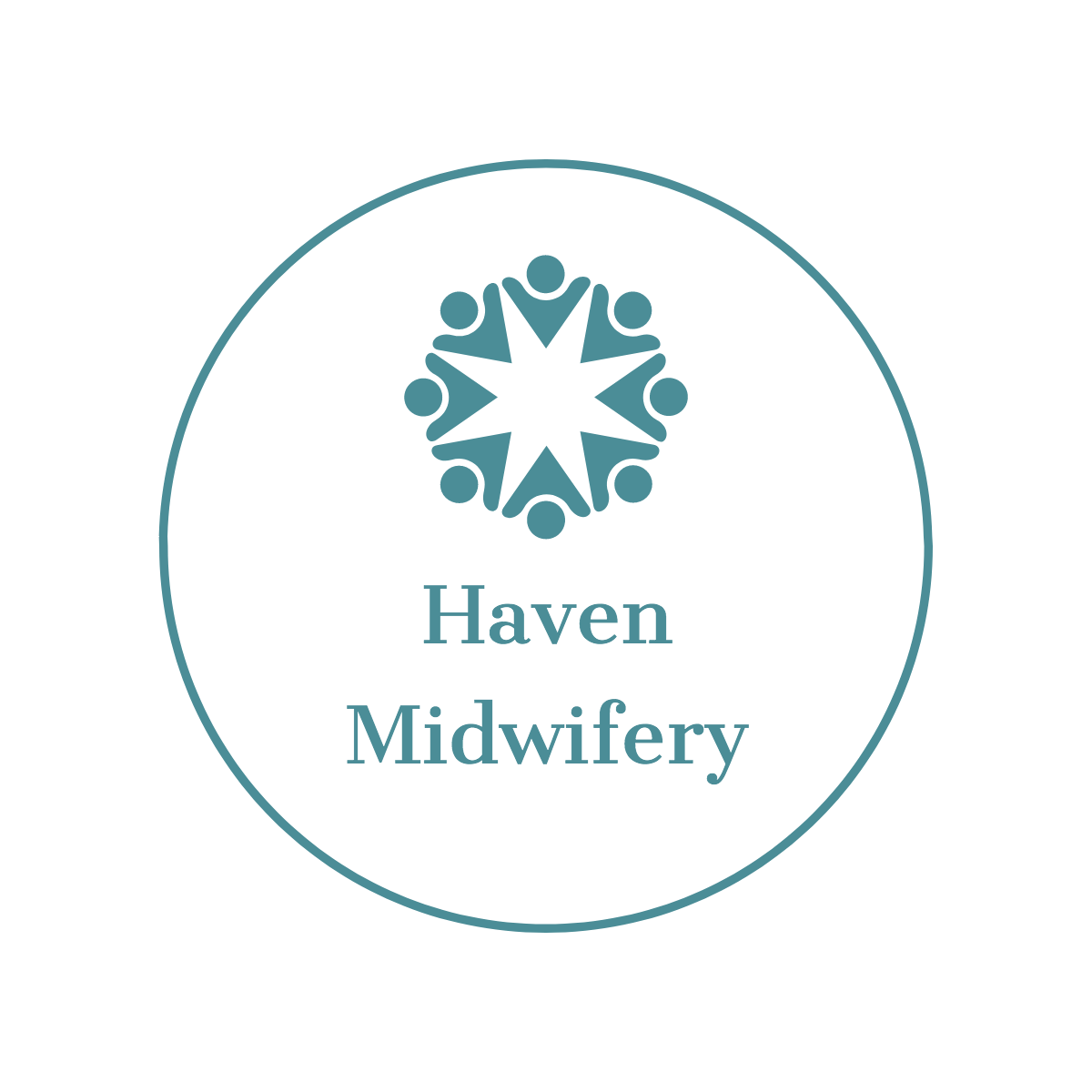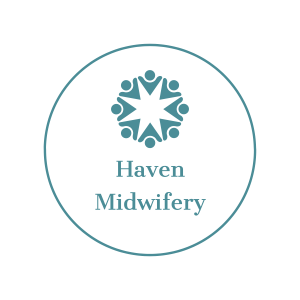
Welcome to the Haven 5K!
We are thrilled to announce the Haven 5K, taking place on September 13th, 2025, at the beautiful Prospect Park, in celebration of Birth Center Week. This event is a fantastic opportunity to unite as a community, promote wellness, and support the vital work of midwives at Haven Midwifery Collective to open our doors.
Whether you’re a seasoned runner or a beginner, we welcome all fitness levels to participate in this event. And for those who can’t join us in person, we are excited to offer a virtual option. You can run or walk the 5K from any location you choose – your neighborhood, a treadmill, or even another park!
As part of your participation, you will receive a Haven 5K t-shirt to commemorate your involvement in supporting midwifery care. This shirt will serve as a symbol of your contribution and dedication towards improving the health and wellness of our community.
We are also encouraging sponsorships for this event. By becoming a sponsor, you or your organization can showcase your commitment to midwifery care and make a significant impact on our mission. Sponsorship details can be found on our website.
To register for the Haven 5K, please visit: https://runsignup.com/Race/NY/Brooklyn/HavenMC5K.
Your support will enable us to continue providing exceptional midwifery care to our community, and we can’t wait to see you (in person or virtually) on race day!
Let’s lace up those shoes, bring your carriage, and pet, and get ready to run (or walk) for a cause! Together, we can make a difference.
Participate in Our Community Needs Assessment
At Haven Midwifery, we are dedicated to providing the best care and support for our community. To continue delivering services that truly meet your needs, we invite you to participate in our Community Needs Assessment.
Your input is invaluable to us. By sharing your thoughts and experiences, you help shape the future of our services and ensure we address the most pressing needs of our community. Whether you have suggestions for new programs, insights on current services, or ideas for improvement, we want to hear from you.
Please take a few moments to participate in our assessment. Your feedback will directly influence the direction of our initiatives and help us better serve you and others. Together, we can create a supportive and responsive environment for everyone involved.
Thank you for your contribution to Haven Midwifery’s mission. Your voice matters!
Sign up for the Haven Midwifery Collective Updates
Haven Midwifery will provide safe, quality, loving care through pregnancy, birth, and beyond to the New York City community.
Haven Midwifery certified midwives will be devoted to accompanying and supporting pregnant people through each stage of pregnancy, whether they are planning to welcome a new child to the world. Haven Midwifery will offer a safe, comfortable, out-of-hospital facility where healthy people in at a low risk for complications can give and experience birth naturally.
Meet Our Founder
Trinisha Williams
CM, LM, LCCE, FACCE, LC
Meet Trinisha Williams
Brooklyn, NY
Why Use A Midwife?
- Decreased risk of needing a cesarean
- Reduced rates of labor induction and augmentation
- Reduced use of regional anesthesia
- Decreased infant mortality rates
- Decreased risk of preterm birth
- Decreased third and fourth-degree perineal tears
- Lower costs for both clients and insurers
- Increased chances of having a positive start to breastfeeding
- Increased satisfaction with the quality of care
(Source Citizens for Midwifery. (n.d.). Frequently asked questions about midwives and midwifery. 3. Simkin, P., Whalley, J., & Keppler, A. (1991). Pregnancy, childbirth, and the newborn: The complete guide. Deephaven, MN: Meadowbrook Press.)

Why Use A Birth Center?
Choosing a birth center can also give you peace of mind in knowing that all your natural care needs can be met. You’ll also have more flexibility on movement in labor, enhanced openess on decisions.
What is The Birth Center Experience?
The quality of care in birth centers has remained consistent. “The National Birth Center Study,” published in 1989, reported on prospective, descriptive data of 11,814 women admitted for labor at 84 birth centers. One woman in six (15.8 %) was transferred to a hospital of which 2.4 % were emergency transfers. Of the women admitted to labor in the birth center, 84.2% gave birth in the center. The cesarean section rate was 4.4 percent. There were no maternal deaths. The overall intrapartum and neonatal mortality rate was 1.3 per 1000 births. The rates of infant mortality were similar to those reported in large studies of low-risk hospital birth.(1)
The cesarean section rate for women receiving care in birth centers averages 6.1%, approximately one half that in studies of low risk, in-hospital births.(2)
Birth Centers have consistently displayed charges for care for normal birth that average up to 50% less than charges for an uncomplicated birth in the hospital. (3, 4)
More than half of birth centers include routine laboratory exams, childbirth education, home visits, extra office visits, and initial newborn examinations in their charges.
Most major health insurers contract with birth centers for reimbursement. Because charges reflect cost and since the birth center is a single service unit, there is no opportunity for cost shifting or operating the birth center as a “loss leader” to other services.
98.8 percent of women using the birth center would recommend it to friends and/or return to the center for a subsequent birth.(1)
1. Rooks, J., et al., “Outcomes of Care in Birth Centers: The National Birth Center Study”, New England Journal of Medicine, 321:1804-1811, (December 28), 1989
What Do We Mean By Midwife-led?
Midwifery birth center services are based on a philosophy that promotes a home-like setting and family-centered approach to care and views pregnancy and delivery as a normal physiological process requiring limited technological and pharmacological support. The center services are designed to meet the specific needs of the population being served and promote optimum pregnancy outcomes. The licensed midwife provides care for the low-risk patient during pregnancy and remains available to the patient during labor from the time of admission to the midwifery birth center through the immediate postpartum period, providing continuous physical and emotional support, evaluating progress, facilitating family interaction and assisting the patient in labor and delivery. Other health care providers can provide prenatal and postpartum care to midwifery birth center patients. They may also provide supportive care during labor and delivery, but the attending provider for birth must be a licensed midwife.




